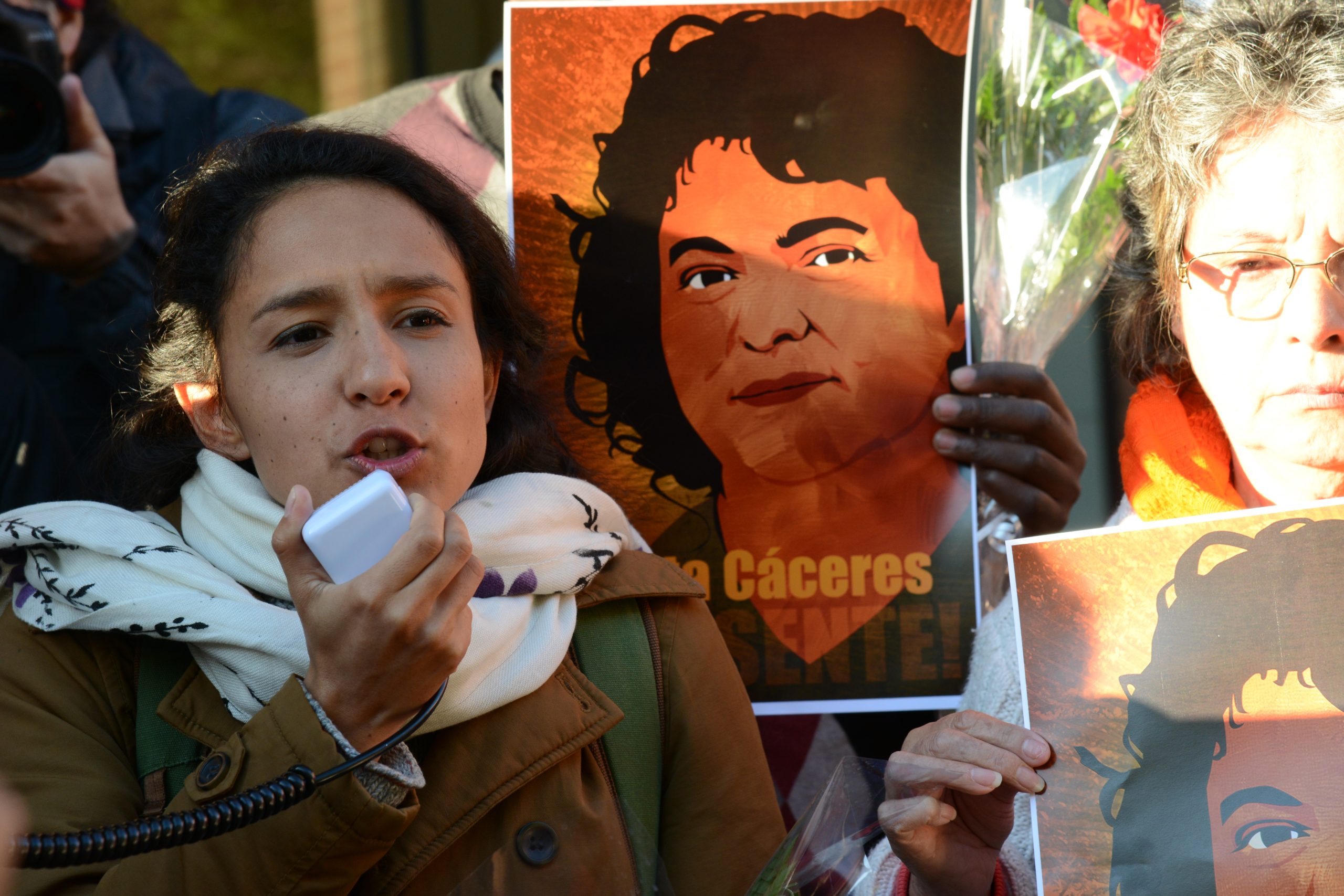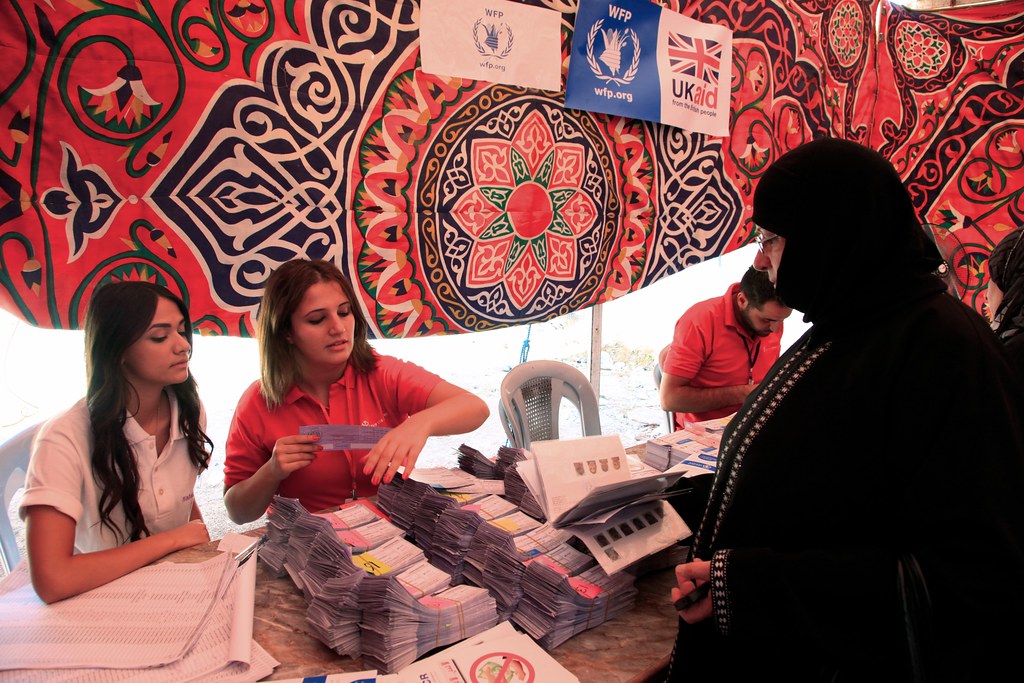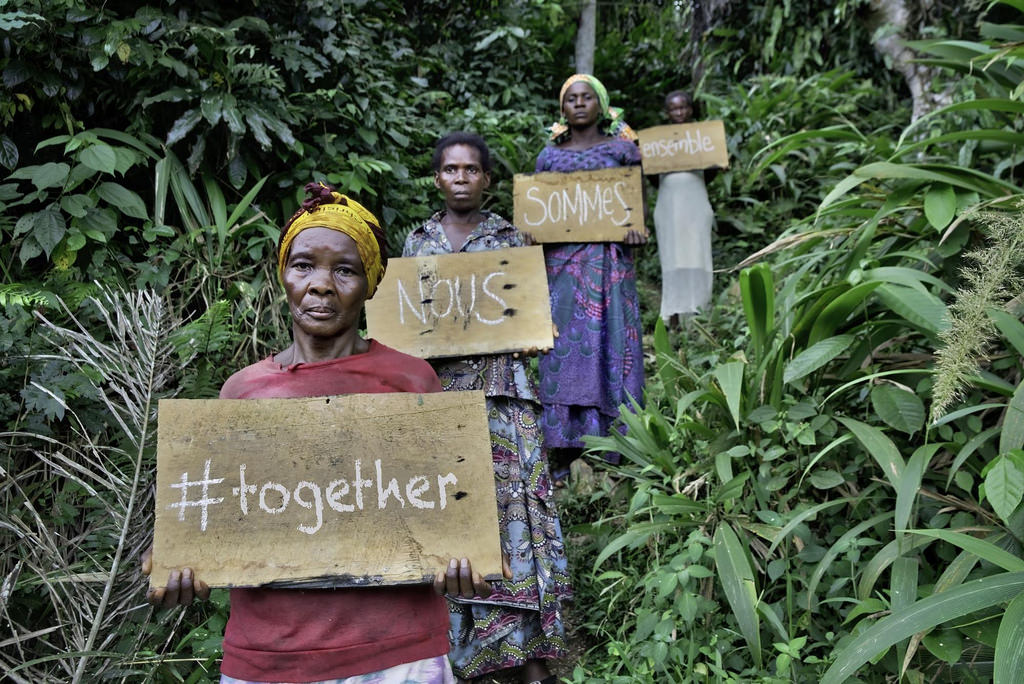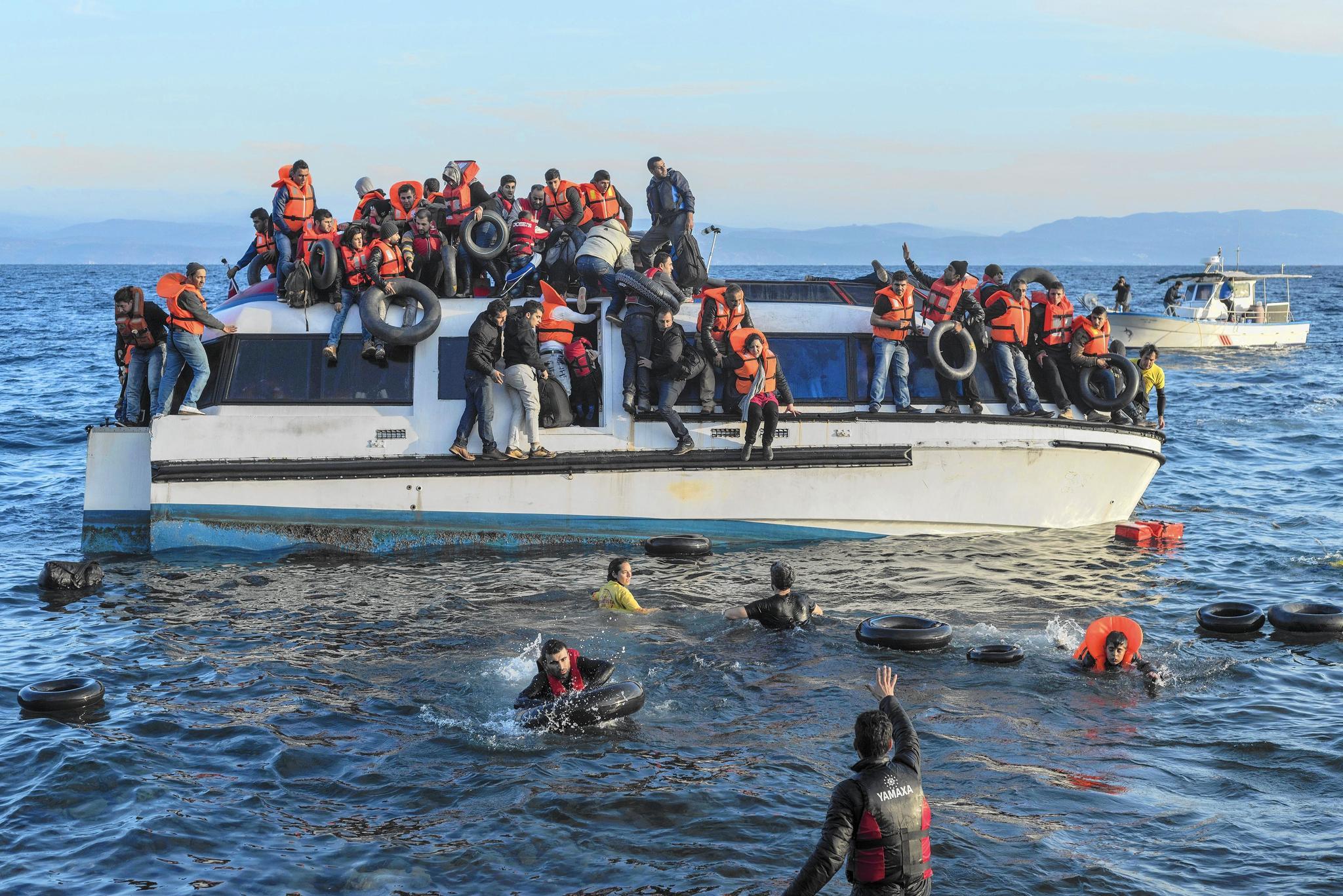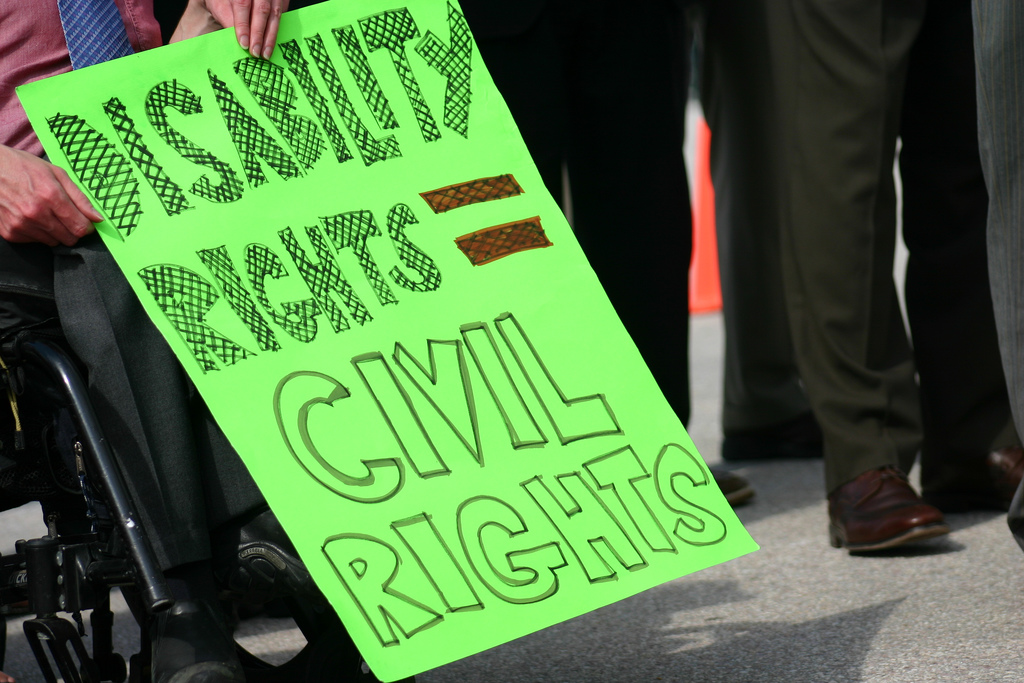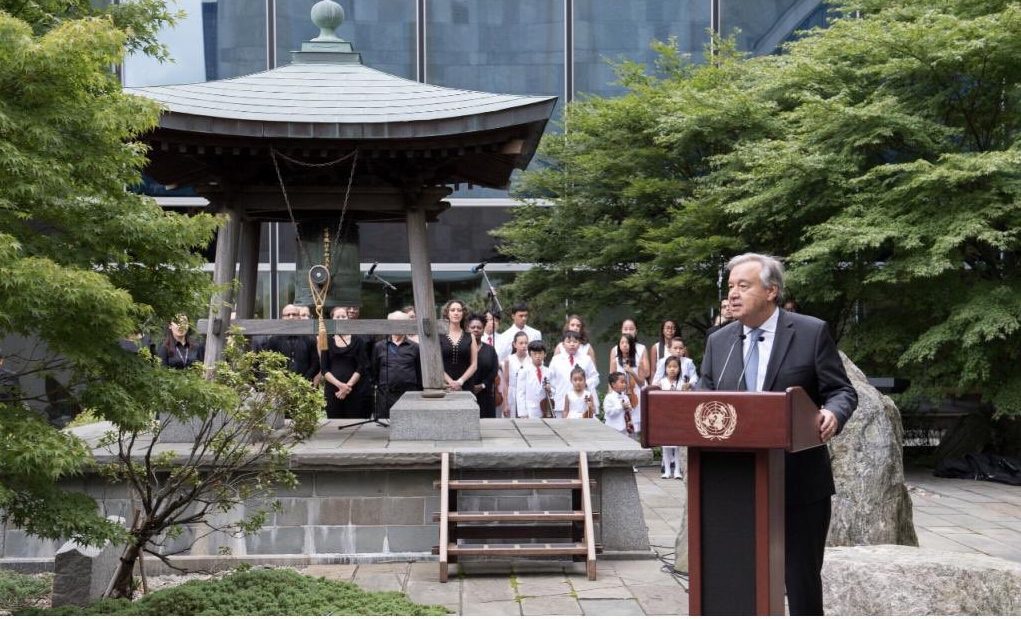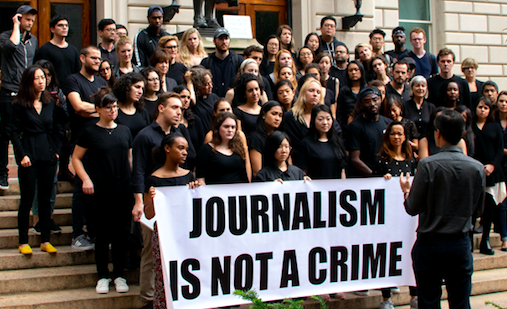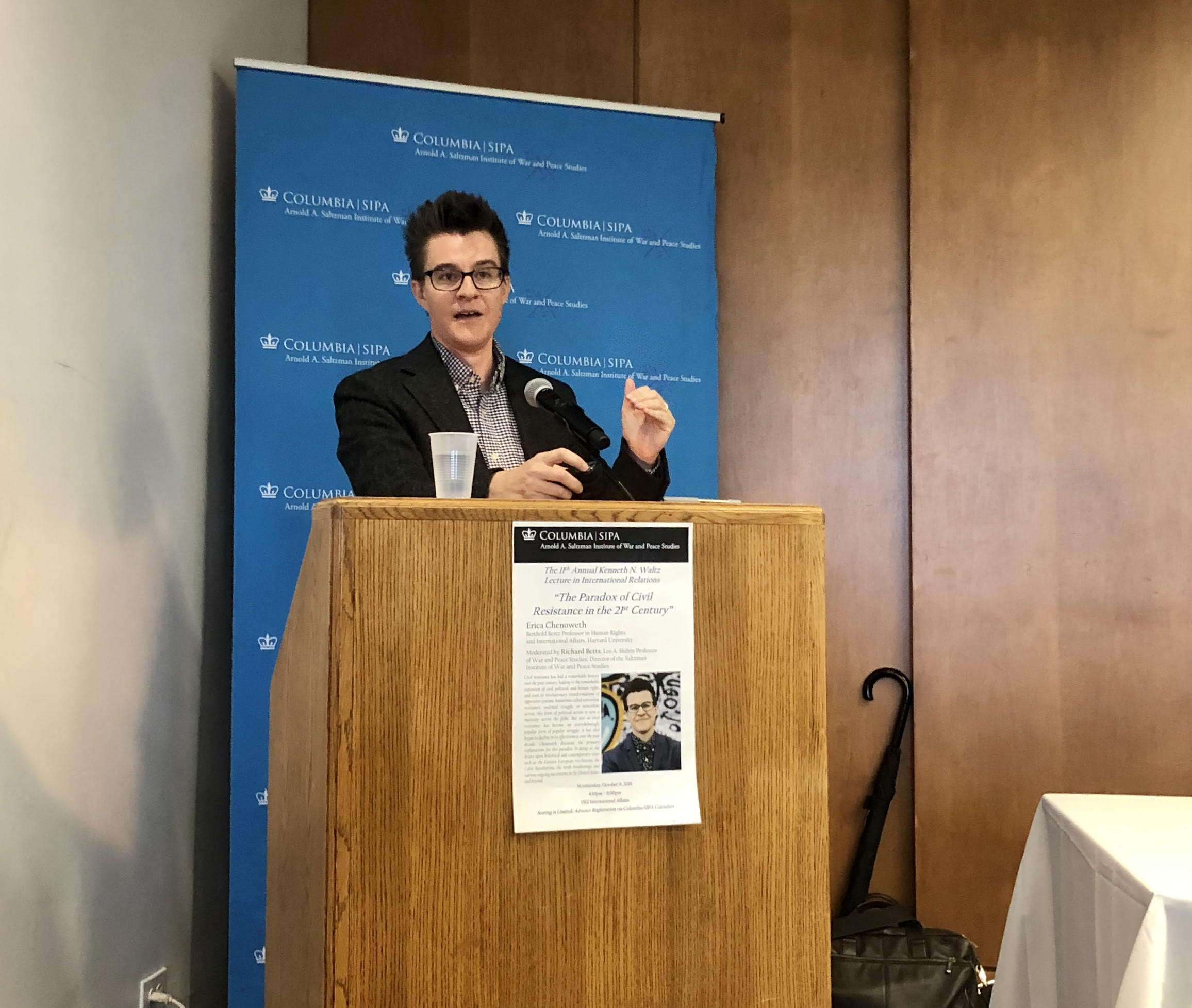
Hong Kong, The Women’s March, and #enough: Is Civil Resistance No Longer Effective?
By: Kyoko Thompson, Staff Writer at RightsViews
Odds are that, if you follow the news, you’re aware of what’s happening in Hong Kong. The protests—which began in June as the result of a proposed extradition bill—have taken over the media of late, with citizens taking to the streets in unprecedented numbers. During one such a protest on June 17th, for example, an estimated 1.7 million people marched from Victoria Park to Hong Kong’s Legislative Council complex to demonstrate their desire to keep Hong Kong free and independent. With crowds like those, the Chinese government has certainly been paying attention, yet after over a hundred days of protests, participants have yet to see definitive results in regards to their demands. Even worse, the sustained protests have led to deaths, injuries, and thousands of arrests, as well as incidents of police brutality.
Civil resistance, as defined by the International Center on Nonviolent Conflict, is a powerful tool for people to fight for their rights...

